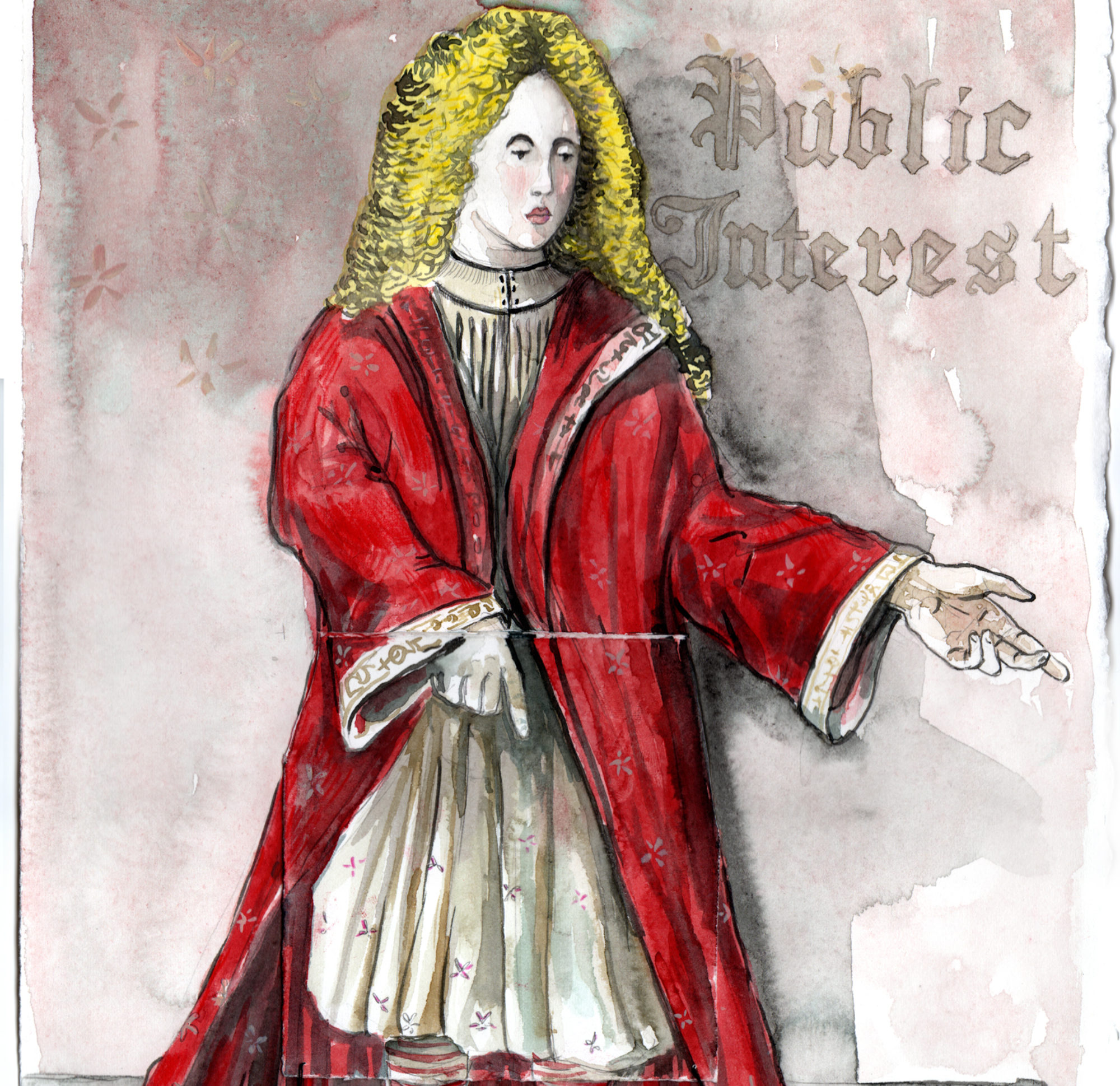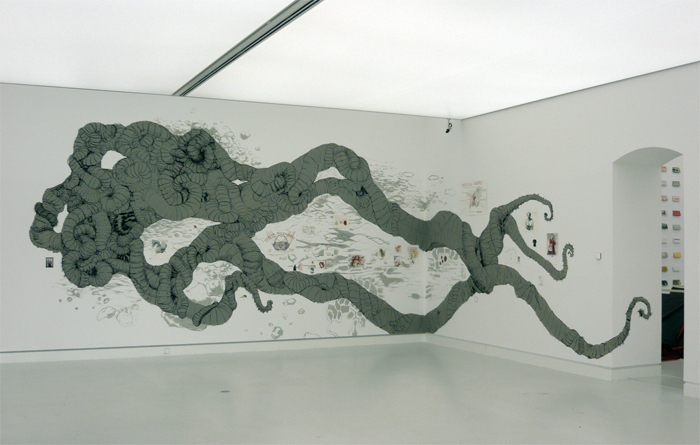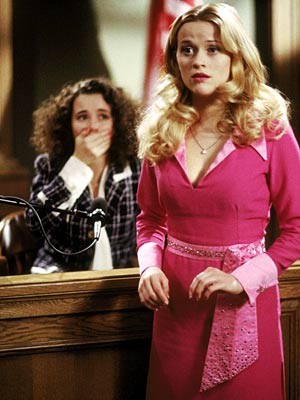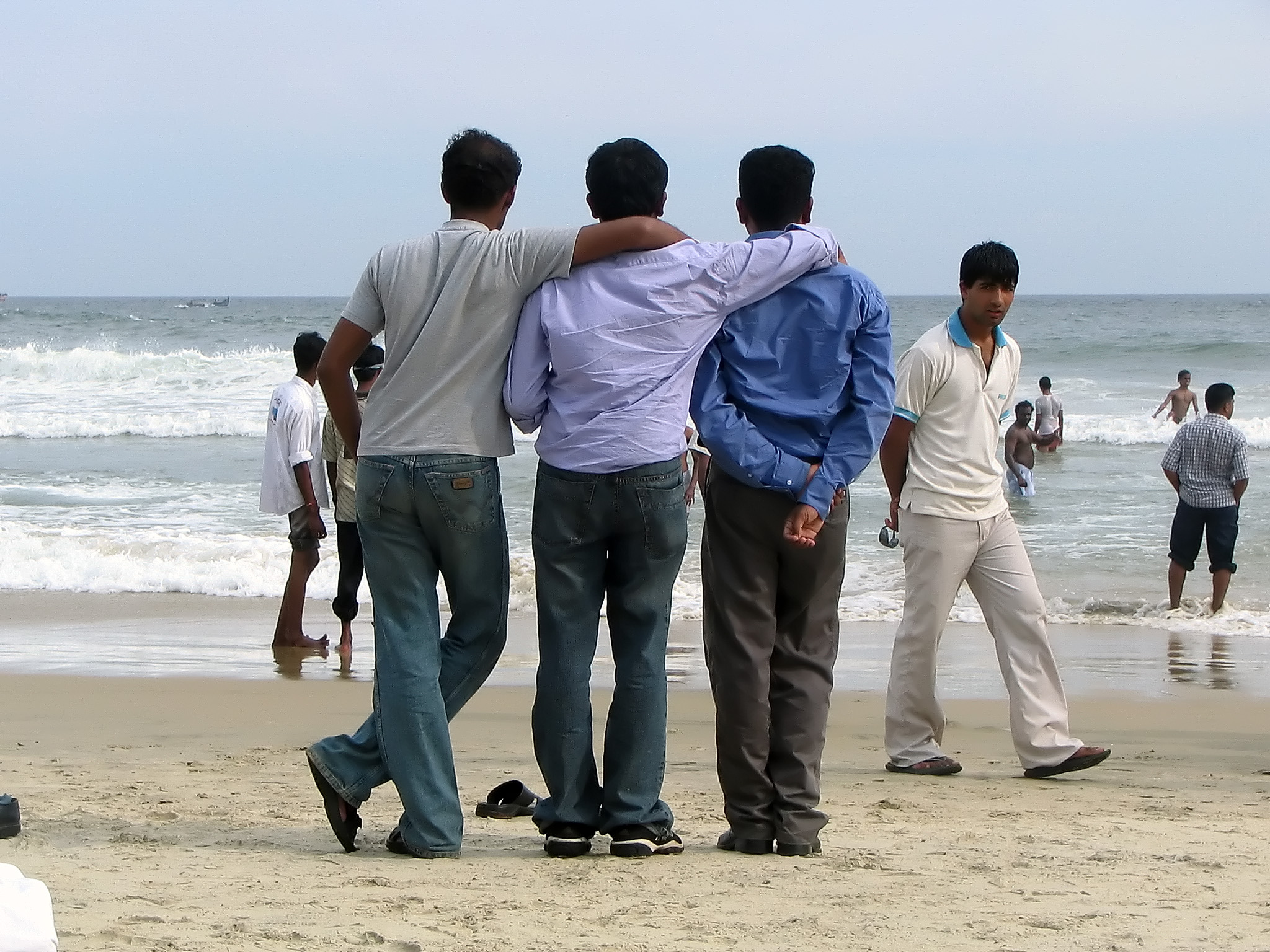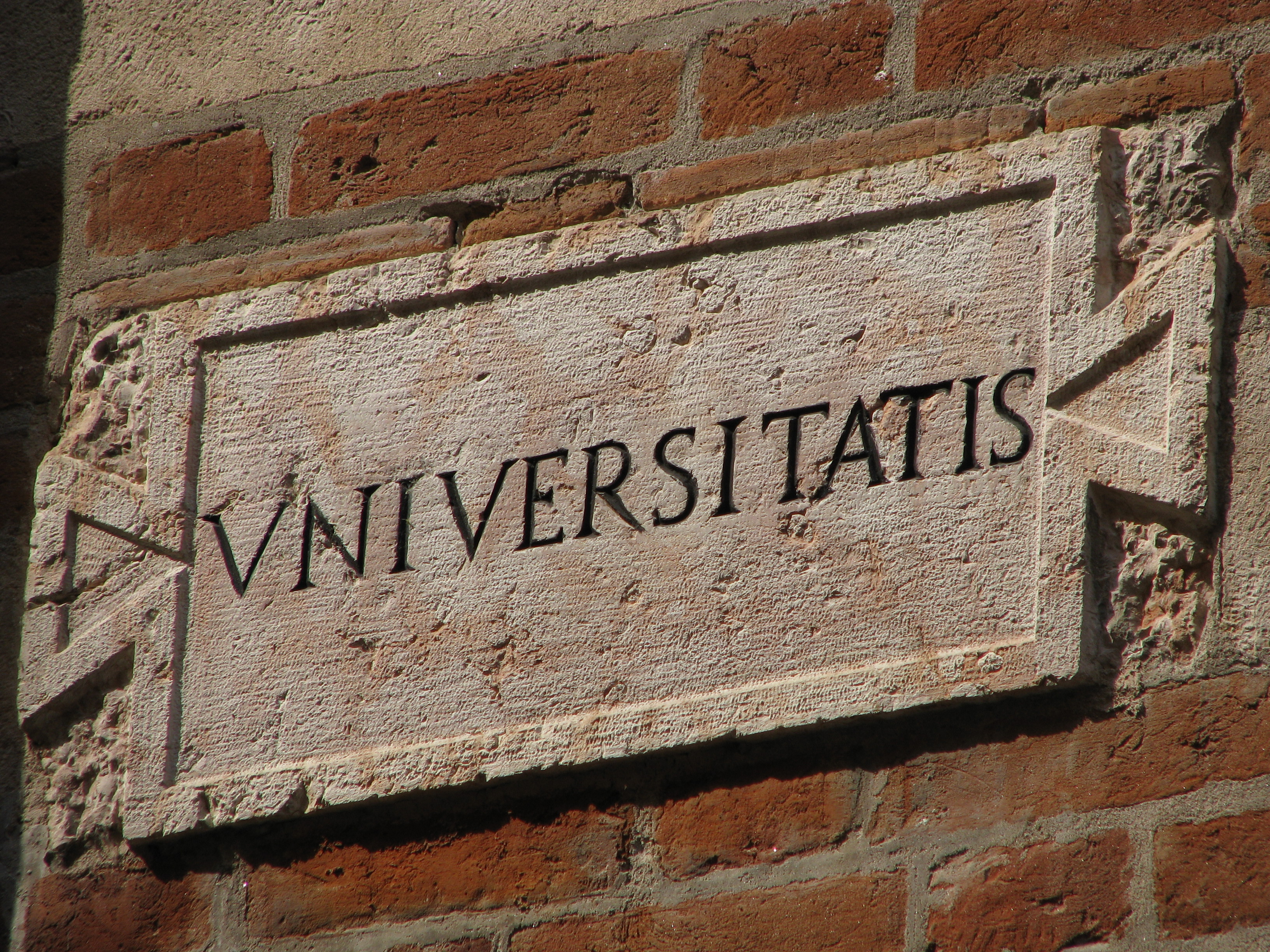One of the worst, or at least most difficult things about being gay and Muslim is that…well, you’re not really both gay and Muslim at the same time. At least, I haven’t been able to find that reconciliation in my own life just yet, and it’s frustrating, because I don’t think that sexual orientation should inevitably lead to a sense of spiritual emptiness. Of course, it’s complicated by many other things too. For example, I decided about a decade ago, that since I was going to Hell for being attracted to other men anyway, I didn’t really need to worry about following any of the tenets of Islam (fasting, praying, pilgrimage etc.). And tautologically, since I wasn’t performing any of those key activities, I was going to be damned anyway, so why not enjoy some booze and a quickie with some stranger (or several, depending on how much booze is involved)?
But this is about more than just alcohol. It’s actually way more about sex than anything else. Maybe that’s because all of the major faiths of the world have no shortage of verbiage on the topic; how to do it, when to do it, why to do it, with whom to do it…it’s actually remarkable. I’m not a religious scholar, but there seems to be an almost unhealthy obsession with regulating sexual activity. And in all fairness, there are some good reasons for this level of attention–overpopulation, abandonment, irresponsibility, societal dysfunction, etc.–but it’s all a little LCD (Lowest Common Denominator), isn’t it? I mean, the link is not a hard one to follow: all faiths recommend procreation within an environment for what, if one were in a particularly cynical mood, could be easily described as “Grow me some more of my cannon fodder, baby”. It makes sense: all faiths were, at one point in their respective existences, nascent and vulnerable. A great way to buttress a faith is with large numbers of believers, and who better to create and rear said believers than…well, other believers?
It would be very easy to turn this into an article about free love and polygamy and all sorts of theoretical conceits that really only worked for about 300 stoned hippies in the 1960s. The truth is that sex is something of a sacred act, partially due to indoctrination, and partially because for your traditional heterosexuals, it can have wide-ranging consequences. Unlooked-for pregnancies and all the drama they entail, STDs, emotional vulnerability (OK, so the last two can be shared by humankind as a whole)…all of these are very good reasons for people to think about what they’re sticking where, and with whom. For people to whom the idea of a spouse and children is effectively the only reason for being–to further grow their particular branch of a family tree, or just because it fulfils them (there are biological imperatives here too, and they should be recognised), it is difficult to even articulate, let alone acknowledge the concept of a life that finds happiness in the choice between stability and instability, in creating its own rules and strictures; the kind of happiness that comes from making their–our–own social bindings.
Unfortunately, there’s no real way to simultaneously embrace both freedom of thought and the strictures of organised religion. You can’t–for the purposes of illustration–combine blowjobs and prayers as a mutually inclusive lifestyle choice, not if you hold firm to the tenets of either behavioural mode. To me, that is where the frustration and the difficulty lie: you don’t really get to choose.
Well, you do, in a way. You can choose to believe that you are innately evil and an abomination and spend your life in a frenzy of apology to make up for being the aberration that your faith condemns you as–you struggle to overcome your nature, because that’s the test that God has placed in your path. You twist and warp who you are so that it’s in keeping with a book and rules laid down millennia before you had a say in anything, and because your parents or guardians made the choice of a faith on your behalf. You could also–a la Irshad Manji and Al-Fatiha–insist on carving out your own identity, but only insofar as it can co-exist with the strictures of your religion, which is a bit of a bastardisation of both without the satisfaction of either. Or you could accept yourself for who and what you are–realise that you just are a certain way and that while you have an ethical and moral obligation to behave appropriately for the society in which you live (no murder, rape, theft etc.), you also have an obligation to be honest and truthful to yourself.
See, not having or following faith doesn’t mean you have to behave like a raging tool. You can still respect your parents/elders, behave with decorum, treat other people well, follow the basic precepts of civilised conduct etc. Getting hammered on week-ends with your friends doesn’t make you a bad person. Nor does the fact that you don’t pray on a regular basis have to mean that you’re going to suffer in an after-life. For my part I refuse to believe that if I, as a good person, make a concerted effort to treat people fairly and well, to give back to my community inasmuch as I can, and generally live my life with a sense of caring…well, any religion that would, in the fact of that, condemn me for trying to find love with someone of my own biological gender, is a faith I’m better off without. I fail to see how my inability to pray–and I do this out of respect, because I don’t see the point in performing empty rituals blindly just as a contingency plan for Heaven–daily outweighs the fact that I give a hefty chunk of my pay-cheque to charity every month. After all, isn’t the point of damnation to punish you for what you’ve done wrong, rather than not done at all?
And as long as we’re talking about honesty, not a day goes by that I don’t secretly wish–just a little bit–that I were straight. Life would certainly be a lot easier. This is not to say that I’m unhappy with who I am. Au contraire, I find that my homosexuality has given me the kind of life experiences that I’d probably never have come across otherwise. But anyone who thinks that we homosexuals deliberately make a choice as to our lifestyles and willingly repudiate “normalcy” (highly over-rated anyway) has been mixing several kinds of prescription-only medicine. Let me make this simple: given the status quo in the world today, why would anyone choose to be queer?
